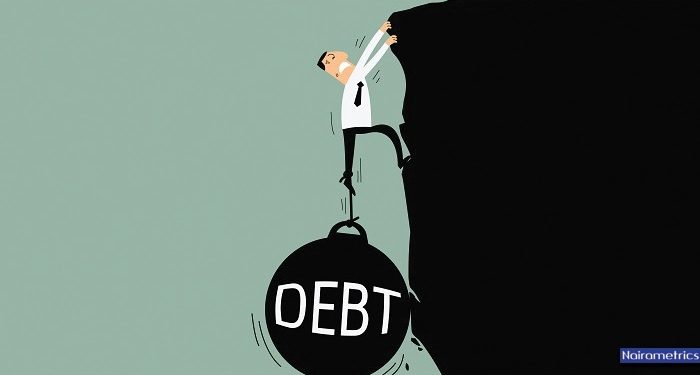The possibility of a deal to lift the U.S. debt ceiling is generating speculation among investors about potential shifts in the market. Many believe that money managers could reduce their holdings in the massive technology and growth stocks that have served as safe havens this year and redirect their investments towards other areas of the market. This blog post explores the reasons behind this sentiment and examines the potential impact of a debt ceiling agreement on market dynamics.
The Rise of Megacap Tech Stocks
Megacap technology stocks, including Google parent Alphabet, Microsoft Corp, and Amazon.com, have attracted significant investor interest due to their strong balance sheets and predictable cash flows. These stocks have provided a shelter for investors amidst concerns ranging from the debt ceiling to troubles in the U.S. banking sector. Consequently, their share prices have surged, bolstering market indexes while leaving other stocks behind.
Weighting and Impact on Index Performance
The heavy weightings of megacap tech stocks in major indexes have played a crucial role in driving the overall market performance. According to a Deutsche Bank report, the entire 8.3% year-to-date gain in the S&P 500 through Wednesday’s close was attributable to the rally in these tech giants. Excluding them, the index would have experienced a 0.5% decline for the year. As of Thursday’s close, the index had risen by 9.3%.
Potential Reversal in Market Trends
Market strategists, such as Michael O’Rourke from Jones Trading, believe that if a deal on the debt ceiling is reached, the market dynamics witnessed over the past few months will reverse. O’Rourke is more optimistic about equal-weighted S&P 500 exchange-traded funds, suggesting that a resolution could lead to a broader market rally that outperforms the megacap tech stocks. The overall market is currently pricing in more risk compared to these tech giants.
Anticipating a Debt Ceiling Deal
Investors are closely monitoring developments in Washington for signs of an agreement between the White House and congressional Republicans to raise the U.S. borrowing limit before the impending X-date of June 1. Both President Joe Biden and top congressional Republican Kevin McCarthy expressed confidence in reaching a deal, which would avert potential financial market turmoil.
Market Response and Outlook
Positive signals regarding debt ceiling discussions have already resulted in declining spreads on U.S. government one-year credit default swaps, indicating reduced default risk. A recent BofA Global Research survey revealed that 71% of global fund managers believe a debt ceiling deal will be reached before the X-date.
Randy Frederick from the Schwab Center for Financial Research suggests that a debt ceiling agreement could prompt investors to reinvest in shorter-term U.S. Treasury maturities. Previously avoided due to debt ceiling concerns, these treasuries offer attractive yields. Additionally, sectors benefiting from the ongoing strength in the U.S. economy, such as consumer discretionary, could experience a boost.
Bottom line
The potential deal to lift the U.S. debt ceiling has generated expectations of market shifts away from megacap tech stocks. While these stocks have served as safe havens amid uncertainty, investors are anticipating a broadening of the market as risk perceptions decrease. A resolution to the debt ceiling issue could prompt a rotation of investments into shorter-term U.S. Treasuries and sectors that have lagged behind. As investors await further developments in Washington, the outcome of the debt ceiling negotiations will undoubtedly have implications for market performance and investment strategies.











